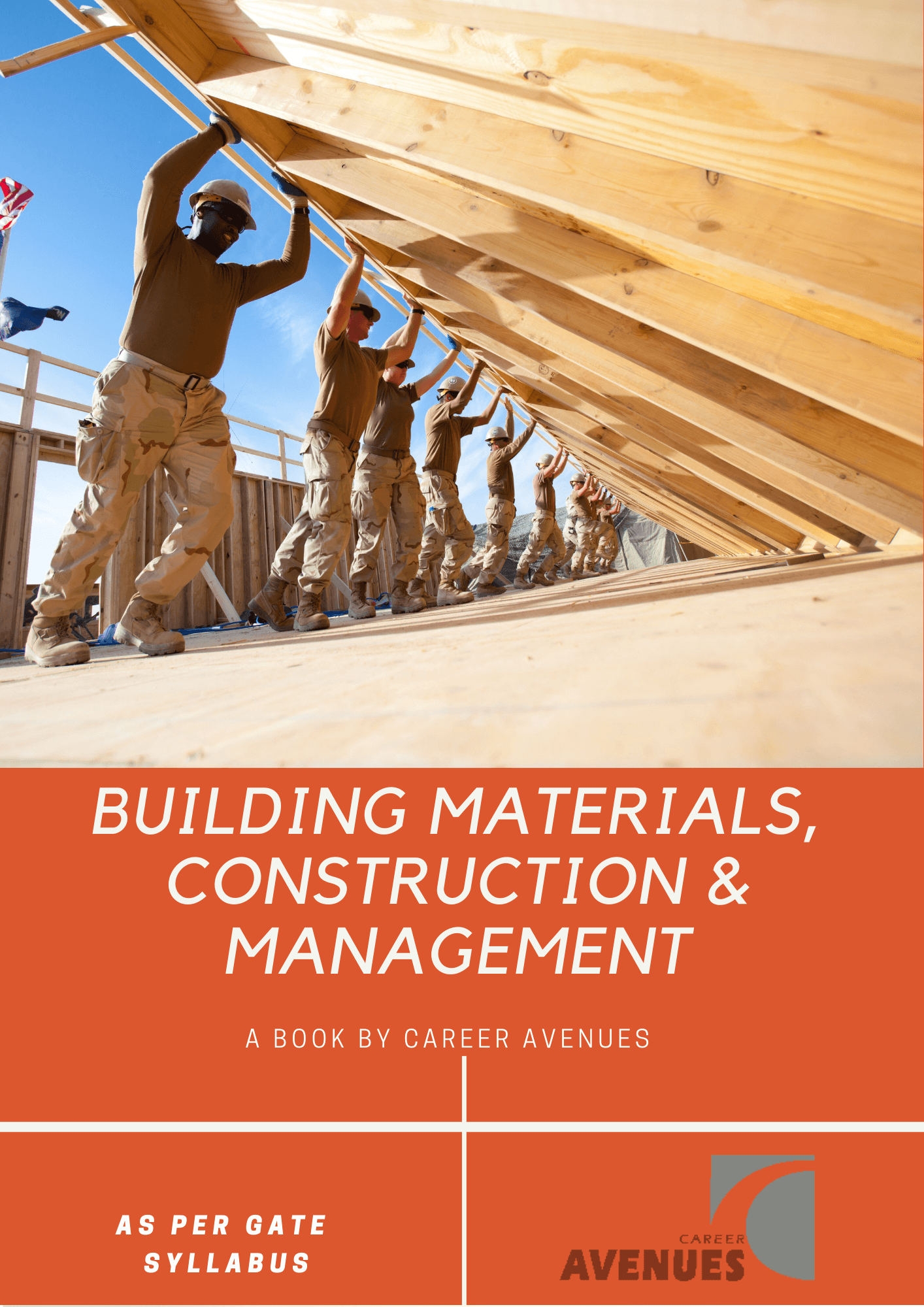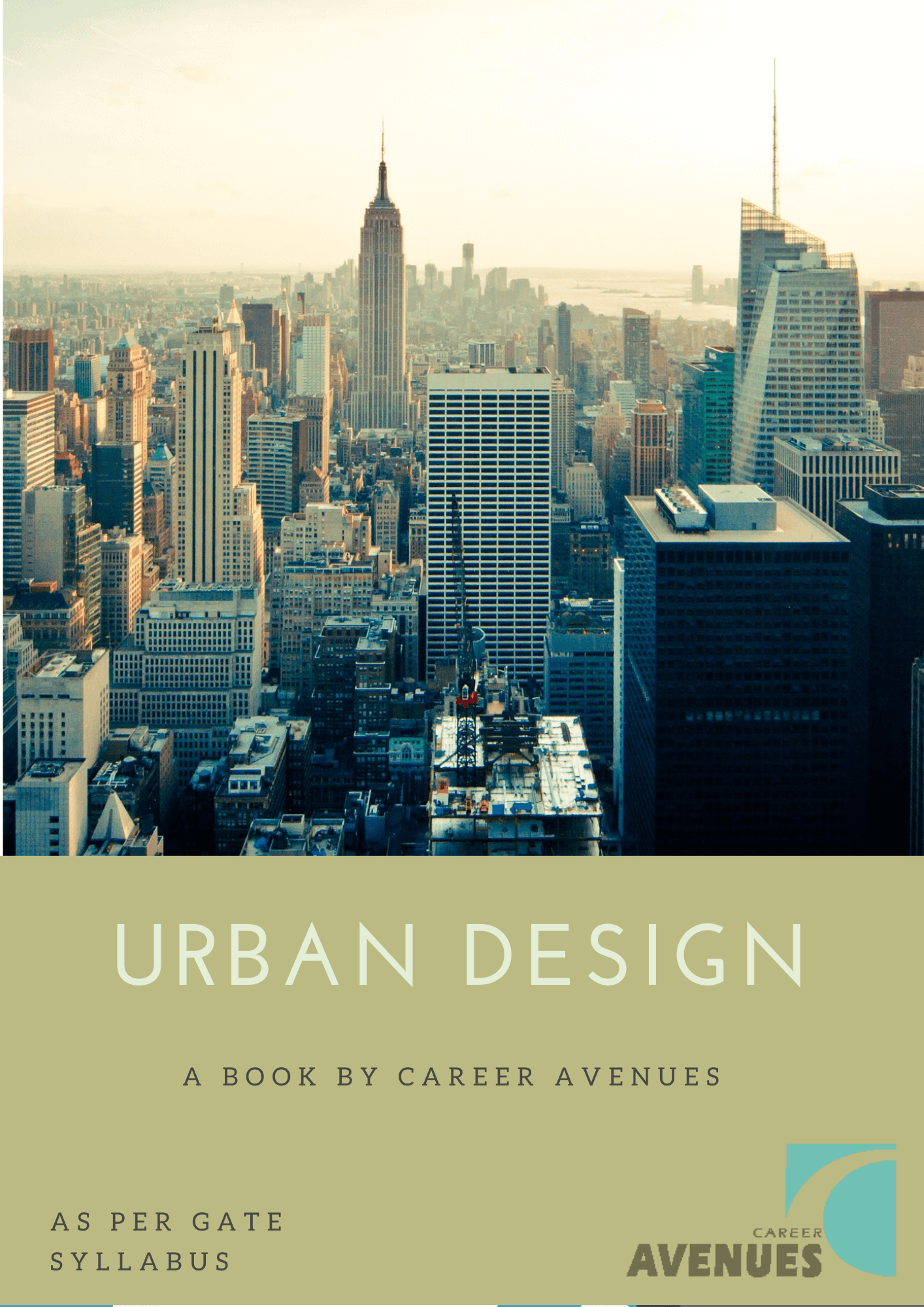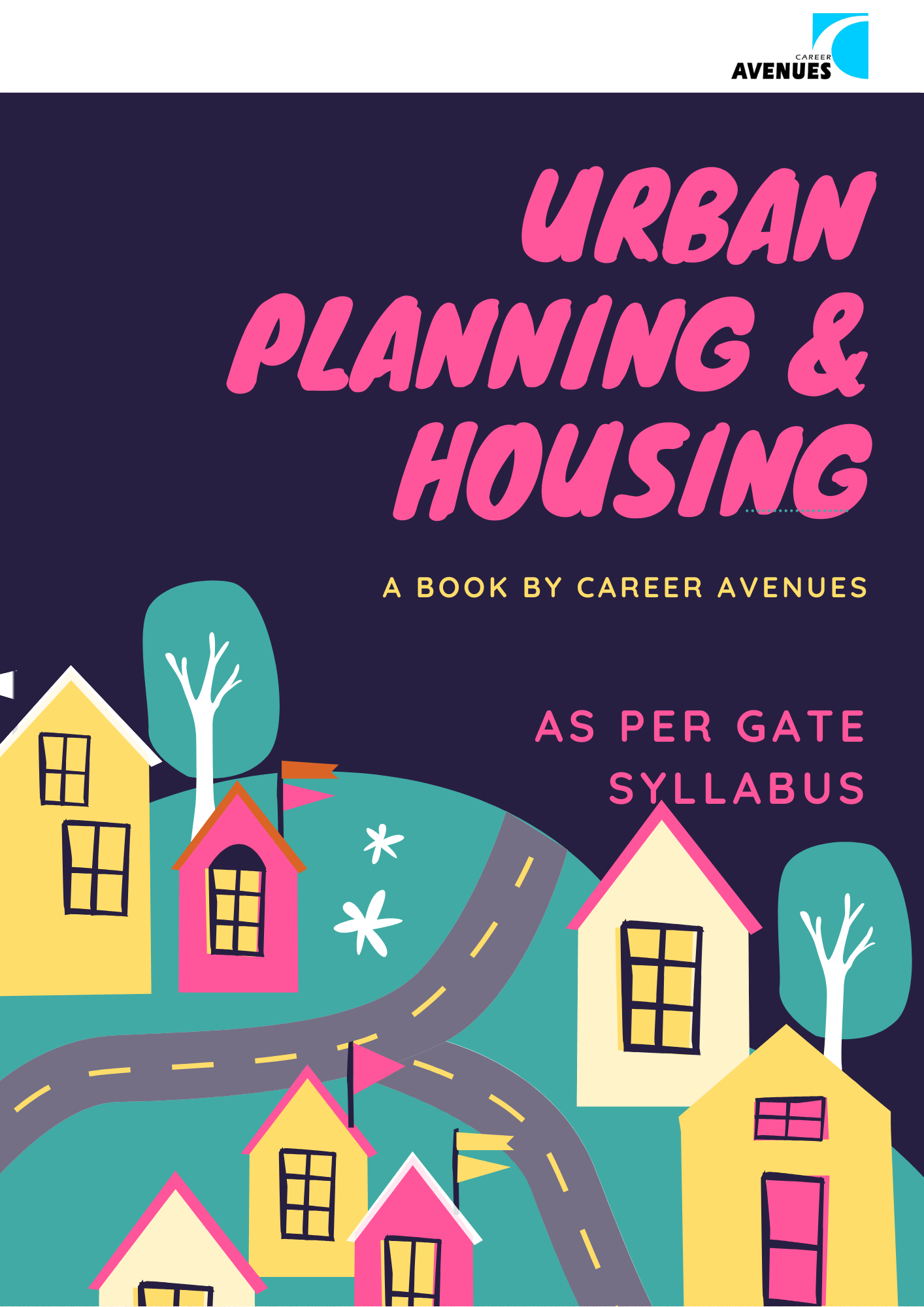XL-U Food Technology
Best course of GATE Food technology. Career Avenues Past XL results include AIR 2, 3, 6, 11, 13…
Our Courses

XL-U Food Technology Free Trial
Start GATE XL - Food Technology Free Trial of all Career Avenues courses. See samples of video lectures, study material and tests. And experience our award winning learning platform.
Free Trial

XL-U Food Technology Printed Study Material
A set of 7 books. Made specially for GATE XL Food Technology. Covers Aptitude, Chemistry and GATE XL Food Technology syllabus. Includes Online Test Series, Mocks and Past GATE questions.
Starts at Rs. 4000

XL-U Food Technology Online Study Material
Same books as Printed Books Course, but online version. Available both on desktop and App. Covers Aptitude, Chemistry and GATE XL Food Technology syllabus. Includes Online Test Series, Mocks and Past GATE questions.
Starts at Rs. 750

XL-U Food Technology Online Test series
Best Food Technology Test Series. GUARANTEED. Topic based tests of all chapters. Rated No. 1 GATE XL Food Technology Test Series in India. 30 Food Technology, 50 Aptitude, 30 Chemistry Tests. 5 Mocks held in Dec and Jan.
Starts at Rs. 500

XL-U Food Technology Video Lectures
In case you require help in concepts learning, check our detailed videos covering Aptitude, Chemistry and Food Technology. Course includes Online Test Series and Mocks.
Starts at Rs. 750
Our Faculty
Download Our Books
You can enrol through this website or through our app using upi, wallet payments, net-banking, debit and credit cards of most banks. If you still have a difficulty, please call or whatsapp on 9930406349 and we will assist you. After enrolment, please fill enrollment form here: http://bit.ly/cav-enrol-form
Each of us requires a different kind of study program based upon our style/preference of studying. Normally, all students take our study material and test series. Many also take video lectures as it helps them clear concepts. A lot depends upon time available to prepare, current stage of preparation, etc. If you are still unsure, please contact us.
Yes, there may be few scholarships available for students from top colleges, students with good grades, students from EWS and for students whose parents are from teaching or defence services. Pls contact us on 9930406349 via whatsapp with details of course you wish to join and scholarship category needed, along with relevant documents.
As a registered Career Avenues student, you can ask your doubts here and our faculty will get back to you.
Typically 5-6 months are required, but some students need a longer time frame based on other commitments. College students start preparation 12-18 months before GATE to have more time to practise questions as they may have semester exams as well.
We suggest about 800 to 1200 hours of preparation time overall. This can be divided into 3-4 months or 12-18 months, based on your schedule.
Here’s a strategy you can follow to prepare effectively:
Understand the Syllabus: Thoroughly review the GATE XL-U syllabus for Food Technology. Understand the topics and subtopics that you need to cover. This will help you create a study plan and allocate time to each subject accordingly.
Gather Study Material: Collect comprehensive study material, including textbooks, reference books, previous years’ question papers, and online resources. Good reference books for Food Technology include “Food Science” by Norman N. Potter and Joseph H. Hotchkiss, “Food Engineering: Principles and Selected Applications” by M. M. Rao, and “Food Process Engineering and Technology” by Zeki Berk.
Create a Study Plan: Develop a study plan that covers all the topics in the syllabus. Break down the subjects into smaller sections and assign specific timeframes for each. Allocate more time for complex or challenging topics. Be realistic and create a schedule that suits your daily routine.
Study the Fundamentals: Start by strengthening your foundation in Food Technology. Review basic concepts such as food composition, nutrition, food processing, food preservation, food microbiology, and food engineering principles. Ensure you have a solid understanding of these topics as they form the basis for more advanced concepts.
Focus on Core Topics: Identify the core topics that carry significant weightage in the exam. These may include food chemistry and biochemistry, food microbiology and safety, food processing and preservation techniques, food engineering principles, food analysis and quality control, and food product development. Allocate sufficient time to thoroughly understand and practice questions from these areas.
Practice Previous Year Papers: Solve previous years’ question papers to familiarize yourself with the exam pattern and types of questions asked. This will help you gauge your progress and identify areas where you need improvement. Additionally, practicing previous year papers under timed conditions will improve your speed and accuracy.
Take Mock Tests: Regularly take mock tests to simulate the actual exam environment. This will help you develop time management skills and increase your familiarity with the exam format. Analyze your performance after each mock test to identify weak areas and work on them.
Review and Revise: Regular revision is crucial to reinforce your understanding and retain information. Allocate dedicated time for revision, preferably after completing each subject or topic. Make concise notes, mind maps, or flashcards to aid your revision process.
Seek Clarification: If you encounter any doubts or difficulty in understanding certain topics, don’t hesitate to seek clarification. Utilize online forums, discussion groups, or reach out to your teachers or peers for help. Clearing your doubts will ensure you have a solid grasp of the subject matter.
Stay Consistent and Motivated: Consistency is key to success. Stick to your study plan, maintain a regular study schedule, and stay motivated throughout your preparation journey. Celebrate small milestones and take breaks when needed, but always get back on track.
Remember, success in GATE XL-U (Food Technology) requires a balance of conceptual understanding, problem-solving skills, and exam strategy.
The syllabus for GATE XL-U (Food Technology) covers various topics related to food science, food technology, and food engineering.
Here is an outline of the major subjects and subtopics that you need to study:
Food Chemistry and Nutrition:
- Composition and structure of food
- Carbohydrates, lipids, proteins, and enzymes in food
- Food additives, preservatives, and antioxidants
- Food quality attributes and sensory evaluation
- Food nutrition and food labeling regulations
Food Microbiology and Safety:
- Microorganisms in food: bacteria, yeasts, molds
- Food spoilage and preservation techniques
- Foodborne pathogens and foodborne illnesses
- Food safety and hygiene practices
- Food microbiology testing and quality assurance
Food Processing and Preservation Techniques:
- Thermal processing: pasteurization, sterilization, canning
- Refrigeration and freezing techniques
- Drying and dehydration of food
- Fermentation and fermentation processes
- Novel food processing technologies: high-pressure processing, irradiation, etc.
Food Engineering Principles:
- Heat and mass transfer in food processing
- Fluid flow and rheology in food systems
- Food plant design and layout
- Food packaging and storage systems
- Process control and automation in food industry
Food Analysis and Quality Control:
- Chemical and instrumental analysis of food components
- Food quality parameters and indices
- Food safety and quality standards
- Food sensory evaluation methods
- Statistical techniques in food analysis
Food Product Development:
- Food product formulation and ingredient selection
- Food product sensory evaluation and consumer acceptance
- Food product packaging and labeling
- Product shelf-life determination
- Food product marketing and regulations
It’s important to note that the syllabus may be subject to slight variations from year to year, so it’s always recommended to refer to the official GATE website or the information bulletin for the most updated syllabus.
Make sure to thoroughly understand and practice questions from each of these topics to perform well in the GATE XL-U (Food Technology) exam.





















